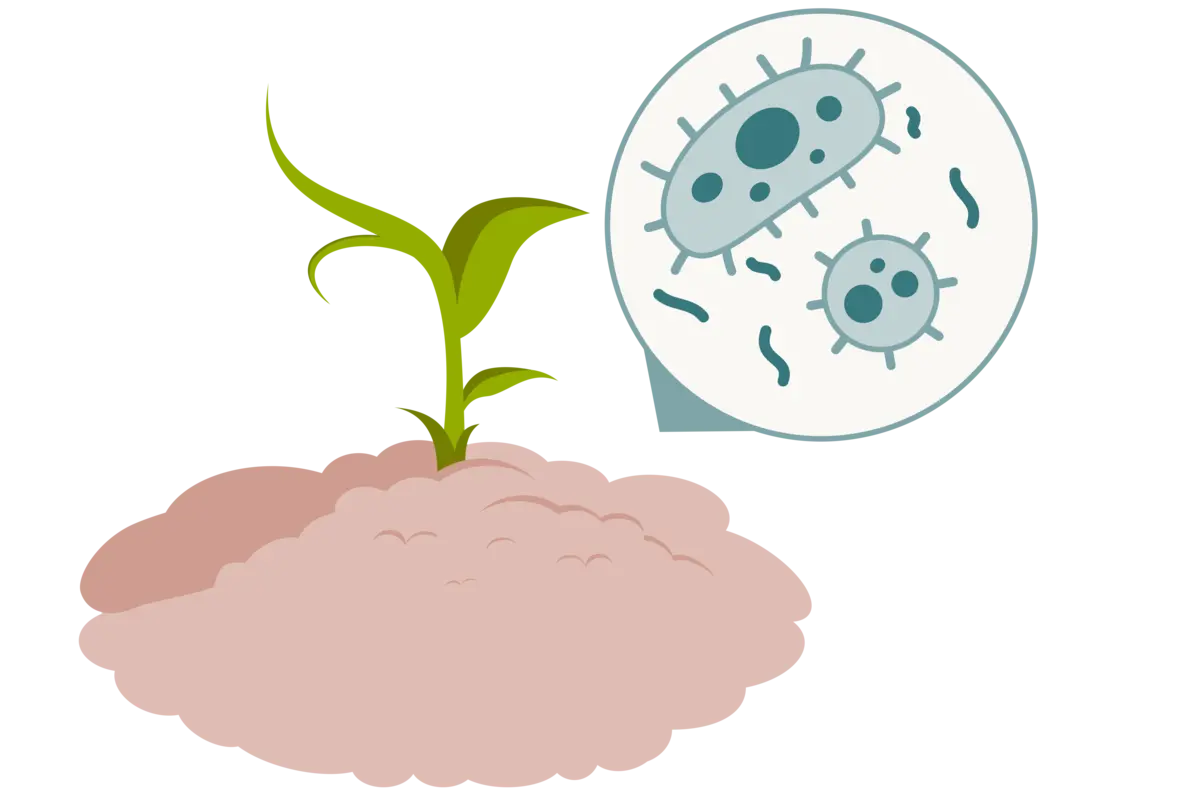The role of microbes in nature
Microbes are the dominant form of life on earth. They outweigh humans, all other animals, insects and plants combined. Examples of microbes include bacteria and fungi. They’re in the water we drink, the air we breathe and even within our bodies.
Although they’re often associated with dirt and disease, most microbes are beneficial. For example, microbes in nature help break down dead plants and animals. Beneficial microbes in our own bodies aid digestion and help prevent invasion by harmful microbes.
Microbes have adapted to live everywhere on earth; from the boiling waters of volcanic ocean vents to oxygen-deprived polar ice.






